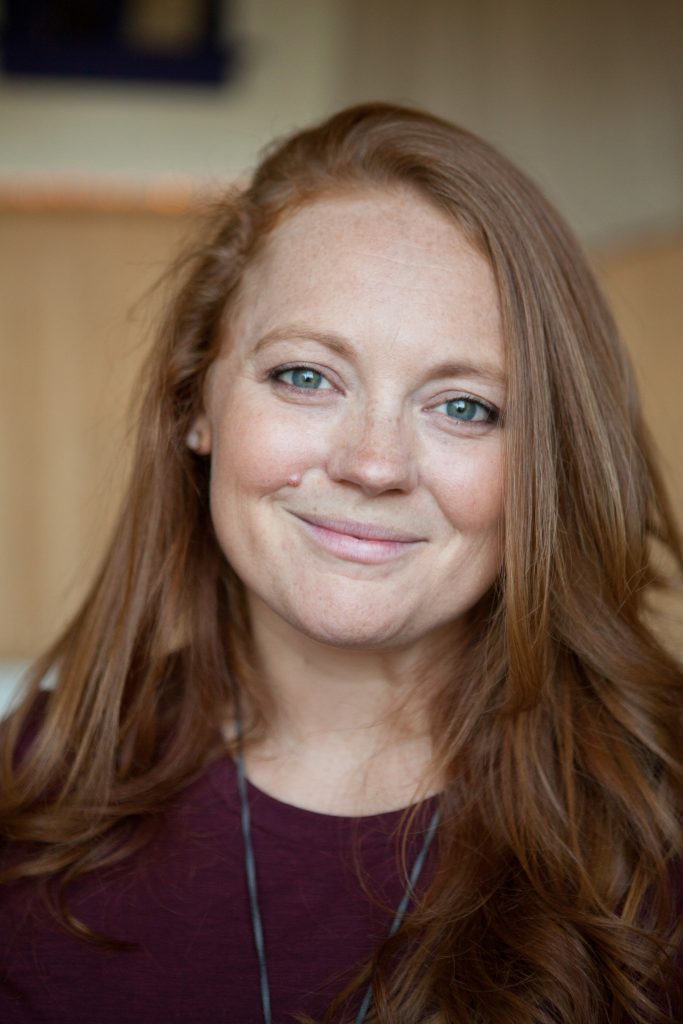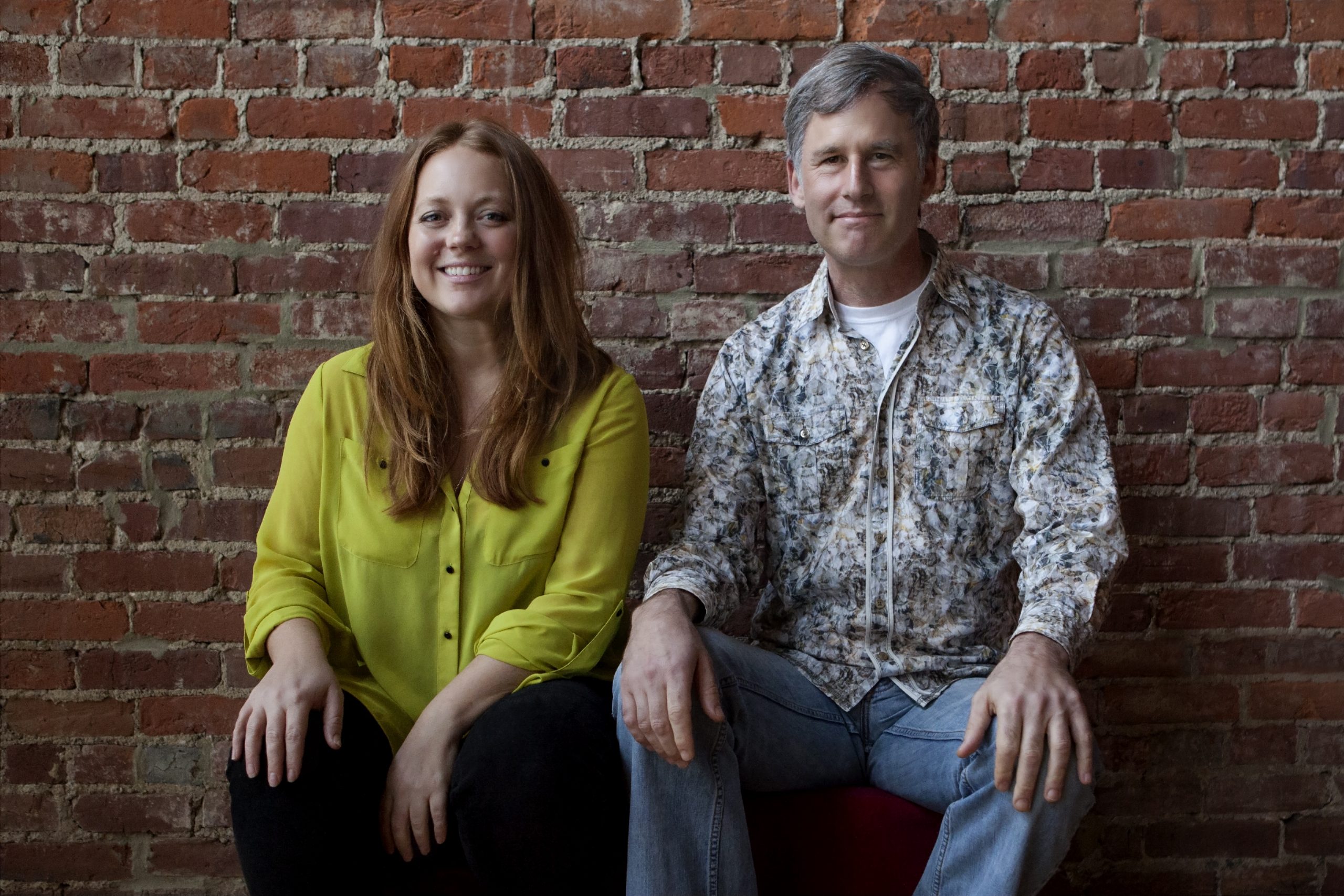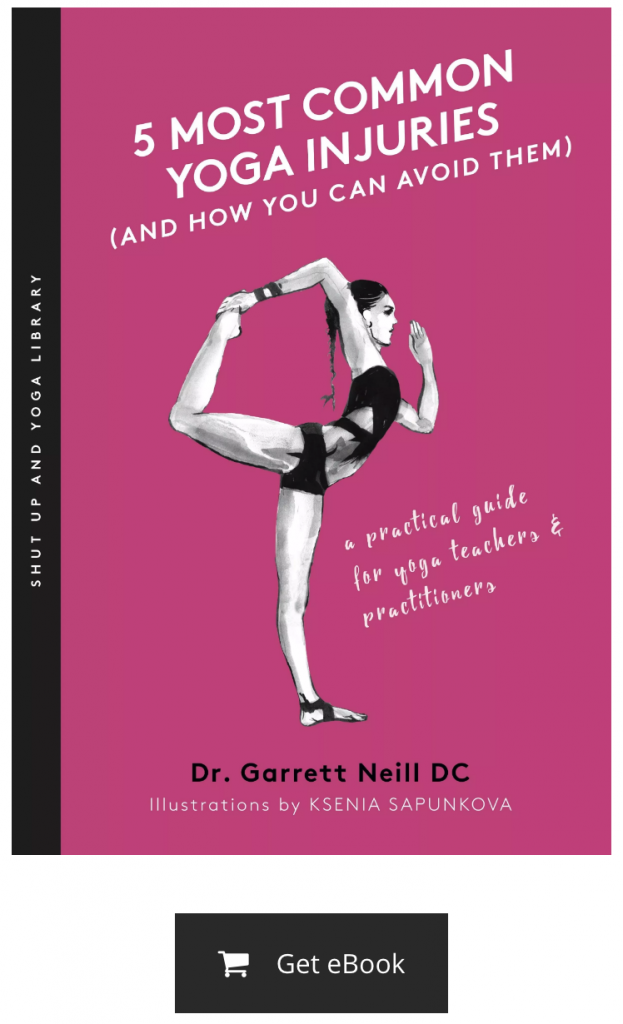I was nearly an hour late for my first Effiji breathwork class, after working late and then getting lost on the way (GPS fail!) Stressed and frazzled, I refused to give up, as I realized I needed the session more than ever. Our practitioner, Louisville Kentucky native Sarah Charmoli, sensed it too. When I finally arrived, I was greeted with a warm welcome from Sarah and the whole class, shouting my name with glee. They had been sending me energy, cheering me on to find the place and join them.
I was touched and grateful; they were complete strangers, and they had held the space for me.
As I lied down with the rest of the group, Sarah gave me a brief tutorial. Soon I was breathing as I had literally never breathed before, taking quick, deep lungfuls of air and then pushing it right out, in an exercise I can only describe as controlled, voluntary hyperventilating. Yogis might compare it to Bhastrika breath, except that it is done for over an hour. As we engaged and the room breathed as one, soft reassuring music accompanied us.
After about 15 minutes my breathing slowed; the intensity of the experience had begun to unsettle me slightly.
My body felt immobile, and the fluctuations of my mind, for perhaps the first time in my whole life, had completely ceased.
I had “laid down all thoughts and surrendered to the void,” as the Beatles sang, paraphrasing the Tibetan Book of the Dead. That was scary but also amazing, and I recognized that quieting my monkey mind was exactly what I was hoping for from the experience.

Nevertheless, it was initially discomforting. Sarah noticed I had paused the practice, and came over to assure me that I could stop the breathwork if I desired, but she also gently encouraged me to stay with it. I did and continued for the entire session. For the last few moments, we began to slow our breathing back to normal. We stayed lying down, and my mind was extraordinarily clear and tranquil. One student was quietly sobbing in what I perceived as a moment of catharsis; others, friends who had signed up together, were holding hands and spooning in embrace. Slowly we rose to seats, and Sarah invited us to volunteer how we were feeling.
Words and phrases akin to “unexpected sensations,” “a dip into the subconscious” and “letting go,” were heard. The mood of the room was peace and safety.
In the days that followed, I felt different, in a way that I can only call a “good weird.” Like I was recovering from a sort of emotional surgery, or perhaps a mental cleanse. Sarah even checked in with other students and me online to see how we were doing. When she returned to NY for her next workshop, I again participated; I was eager to find out all I could about the practice, and Sarah was happy to participate in a formal discussion.

“The way breathwork lands in our culture is a mystery,” says Sarah. “It’s an ancient practice that’s been passed down. Effiji is a breathing technique that was founded by Elijah Nisenboim. Over the course of 25+ years of working with people, Elijah developed the technique and he has found that doing breathwork in this particular way is what works the best.”
Tom Lodge — a follower of the Indian mystic Bhagwan Shree Rajneesh, also known as an Osho Sannyasin — first taught Elijah breathwork in 1990. “Elijah, my teacher, colleague, and friend, was not doing Osho’s Dynamic Meditation, but the breathwork that was shown to Elijah was learned by Tom during his time as a Rajneeshee,” explains Sarah, who studied with Elijah for five years.
“I was in Los Angeles pursuing acting, and started a dog walking business that took over my life,” says Sarah. “The day that I quit a friend of mine called me in the middle of the night. I ended up going with her to Willits in Mendocino county and staying for 3 months. The guy we stayed with was a real Renaissance man who was doing training with Elijah.”
Skeptical but curious, after a month in the wilderness Sarah joined Elijah in a yoga class and had the opportunity to speak with him.
“I ‘accidentally’ became a student of the breathwork. It was kismet — all the pieces came together.”
– Sarah Charmoli
“We all went to his house for dinner and talked, and when I mentioned to Elijah that I no longer had a dog walking business, he asked if I would like to help in his,” she explains. After sailing the rough waters of the LA acting scene she was intrigued by the notion of a complete change in direction, and decided to give it a go.
“A few months later I came on board doing admin, traveling with him.” Suddenly Sarah was on a new path in her life. “I feel like I didn’t choose it, it chose me,” she says. “I just went with it…going to every class, every workshop, every training. I ‘accidentally’ became a student of the breathwork. It was kismet — all the pieces came together. And that’s a part of my work itself, helping lead others that way.”

Sarah’s first experience doing the breathwork, in her words, “flipped her life on its head.”
“We were in this little martial arts studio in LA in April 2013, with Elijah,” she says…
I laid down and did it, and it was if every idea I ever had, good or bad, awful or enlightened, came through me.
It was the first time I understood that I was on a spiritual path, a perhaps alternate view from my Catholic upbringing. ‘Oh, this is the person that I am!’ I understood myself fundamentally in an instant.
Soon Sarah was helping others to understand themselves as well, which was initially challenging. “I was still struggling with my relationship with myself while sharing the vulnerable space of others,” she says of those early days. “I’m really sensitive, and it’s easy for me to get merged with other people’s energy. I would get headaches when I was in the space, ‘inside’ the work with people. I was trying to separate myself from their energy while also being involved.”
Though Effiji is not the only breathing technique on offer — Wim Hof, “the Iceman,” has a popular methodology — Sarah notes that it has distinct qualities and goals.
Wim Hof’s method of breathing, from my limited understanding, is about physical health, mainly,” notes Sarah. “Using breath and cold therapy to boost the immune system and attack inflammation in the body. People are using the method to perform physical activities and create overall good health. To my knowledge, the breath he is doing lasts a much shorter time and he uses breath holds to activate the brain stem.”
Sarah explains that the Effiji Breath practice is not only about physical health, but also — and perhaps most importantly — mental health and spiritual awakening.
“This practice opens the body and allows one to tap into the soul level of their being,” she says. “It’s a technique used to strip away resistance and to really feel into the deepest parts of oneself. Every time you do it, it’s different, and the experience is different for every person. In Effiji, it is not a controlled practice, unlike Hof. The breath is full and continues, for an hour.”
Effiji workshops last over two hours, comprising not only the breathwork but discussion among the participants and often sitting in silence and simply sharing space. Sarah notes that though the breathwork speaks for itself and can be done anywhere, the group dynamic enhances the experience profoundly. “Anyone can lie down and just do it,” she says. “But the reason I do what I do is that I know how to hold space and read people, navigate energy and bring them along. My preference is to always do breath in groups.”
Sarah suggests that if just one person raises their consciousness in a shared setting, it might be the spark needed to light up the whole group. “If one person in my class heals, so does the rest of the room,” she asserts. “I’ve experienced it over and over. And you realize that this is what it means to be connected to energy that heals.”

The group gathering to breathe, and my own special experience of it, is a great reminder that we’re all in it together, and as Springsteen says, nobody wins unless we all win.
“People care about people!” Sarah observes. “We’re not just running a rat race. We’re all connected, even to complete strangers! That’s the thing that gets proven to me over and over. People want to be seen, to be heard, to connect.
So I say, ‘ Look around, this your community. Let’s find a way to be open inside our own experience, vulnerable, open and healing, so we can all be in this room together and connect.”
As I can attest, doing the Effiji work can cause some intense responses in the mind and body, both during the practice and in the time immediately following. Sarah is ready for whatever might come up. “When there’s a fire, some run away, and some run towards it,” she notes. “I’m always the person who gets involved, and will use the energy of the room to navigate the experience.”
During my initial concerns about performing the intense breathwork (though they subsided), it did cross my mind that people with certain conditions might want to exercise caution.
“As far as contraindications, I’ve not experienced anything that I could name specifically,” says Sarah. “I’ve worked with people with severe anxiety, high blood pressure, arthritis, cancer… the list goes on… I’ve had nothing but positive feedback. However, if someone has concerns and wants to address them before attending a class, we encourage a discussion about the concern. We, ultimately, want to help people along their journey.”
“We are showing a technique, and everyone is meant to be their own guide. This style of breathwork doesn’t create anything; it shows you what is already there. It becomes a roadmap into your inner life to show you where your work is.”
– Sarah Charmoli
Sarah affirms that the philosophy of Effiji is that the practice is one’s own. “We are showing a technique, and everyone is meant to be their own guide. This style of breathwork doesn’t create anything; it shows you what is already there. It becomes a roadmap into your inner life to show you where your work is. Philosophically, we believe that anything that comes up in the breath is necessary for one to look at, examine and find its purpose.”
Sarah notes that accepting one’s feelings and being with them is in itself healing.
“There was a woman who showed up in my LA class, who had been going through a very tough time; her husband had just suddenly left her. She stood up and said, ‘I think my life was just saved. I’m alive, and it’s because of this.’ It was so deep and so visceral. Afterwards, we all just sat in silence. We closed our eyes and held the beauty of life in the moment.” And that speaks to the importance of the shared experience. “When someone says something like that, I know she’s not the only one that needs to say it. I know that most likely everyone else in the room needs that too. And that is the profundity of working in a group.”
Now Sarah is bringing Effiji to students as far as Costa Rica, where she hopes to open a retreat center. Effiji facilitators also make frequent trips to other US cities. Further July workshops will be held in Louisville Kentucky, San Rafael California, and Miami Florida.
“Personally, I’m an advocate for anyone doing any kind of breathwork,” Sarah notes. “It’s all about releasing ourselves from western medicine and using breath to heal the body. We can do it ourselves! There’s so much freedom in that.”

For more information about Sarah and her work with Effiji, visit her on Instagram at @webreathetogetfree and on her website webreathetogetfree.com.



